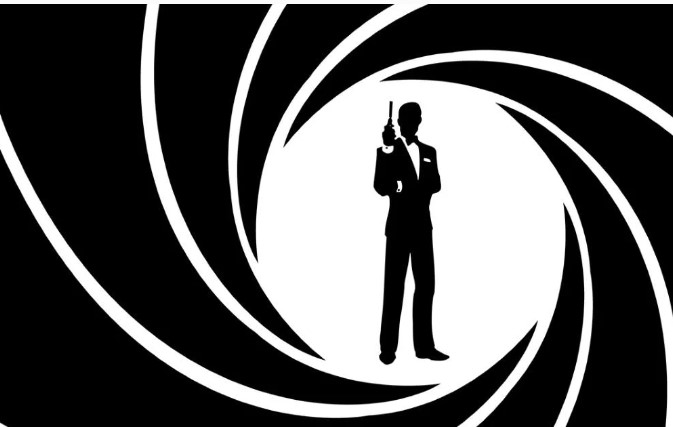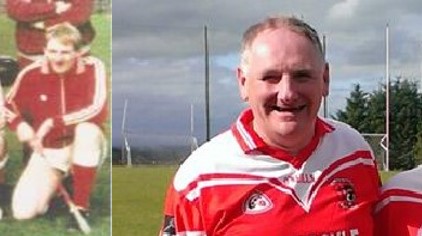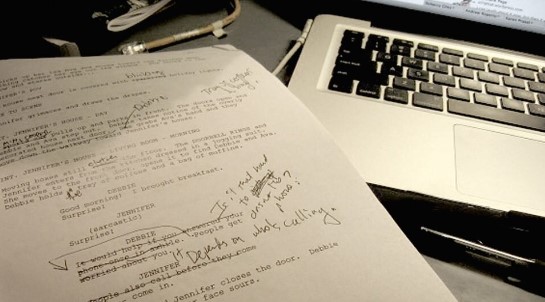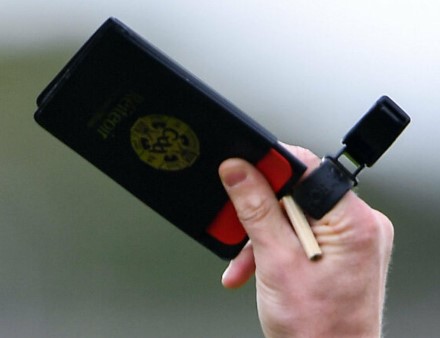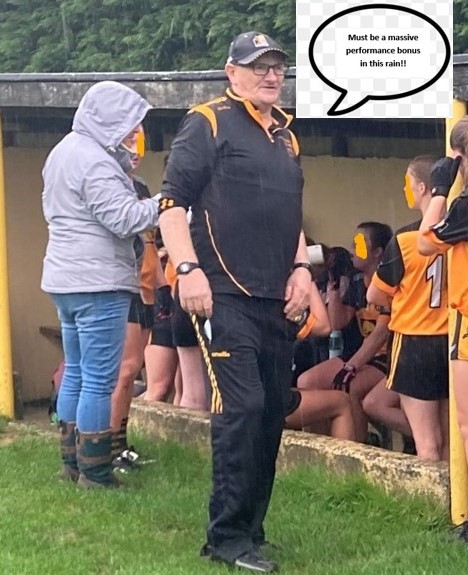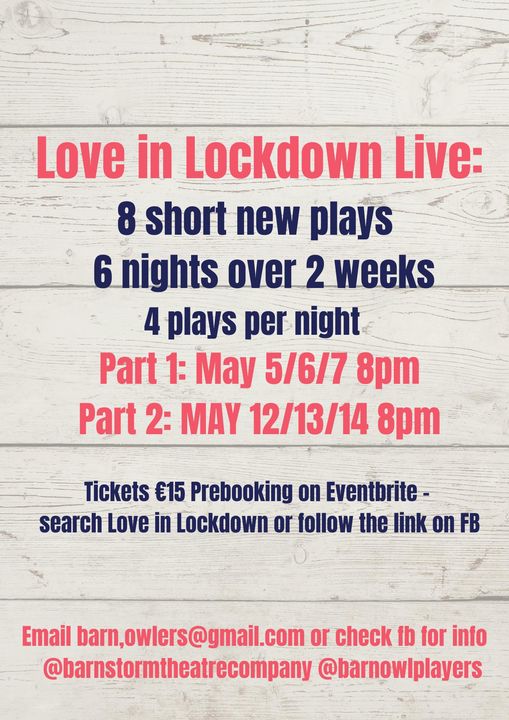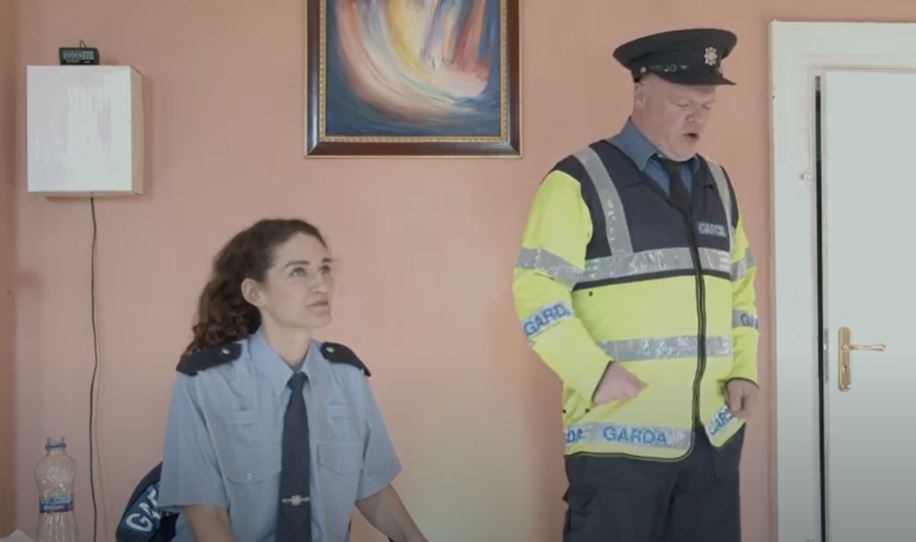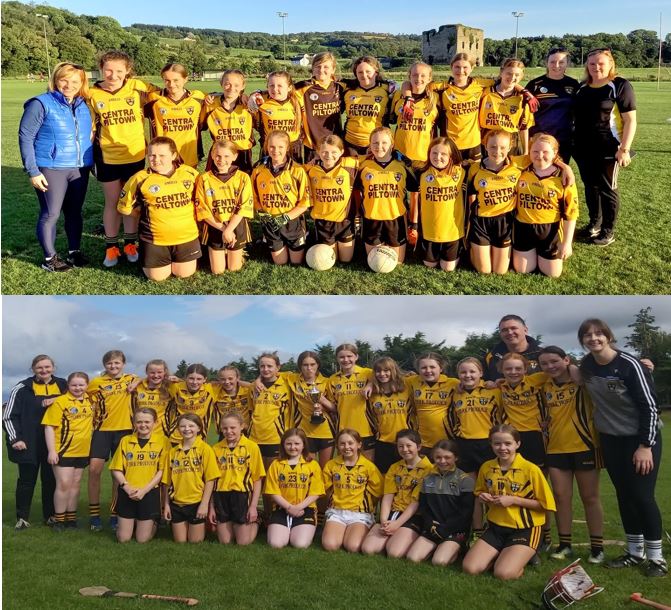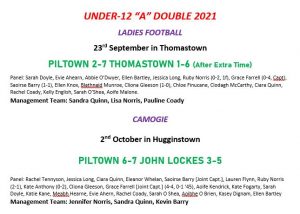Belief must have intelligence substance to support it. It was Albert Einstein who coined the phrases “A person who never made a mistake never tried anything new” and “Insanity is doing the same thing over and over and expecting different results”. For those of you who missed HISTORY OF BELIEF PART ONE, click HERE and HISTORY OF BELIEF PART TWO, Click HERE. You will need the background in advance of…
STUDY CONCLUSION
Any study of success can be emotive as some will feel they are being undermined if part of the past. Paranoia and insecurity are symptoms of the lack of belief. Embracing change can be a challenge. Belief itself is almost impossible to measure. For my part the belief is concrete and steadfast. The case studies are ones that I am very familiar with (Windgap and Piltown). In reality, the ones I am most qualified to analyse. No point in talking about things you don’t really know, unless you admit that you don’t really know. Honesty is the always the first step. I will always believe unwaveringly that both clubs have the ability to challenge competitively at the highest level for sustained periods of time and not just in the short terms of the past. However, the study results can be applied to any club in any county or even any team sport where success has been sparse at the highest levels.
Firstly, it is important to rule out some myths given as reasons for the lack of sustained success by using as much science or maths as is possible. Let’s first of all recall the figures. Windgap was formed in 1954 (70th year in existence) 54 years of those have been spent in the Junior grade (77%). Piltown was formed in 1953 (71st year in existence) 55 years of those have been spent in the Junior grade (77.5%). It is clear and beyond doubt both clubs have a pretty much identical record.
POPULATION
Windgap will often refer to population. There is no doubt Windgap is a small parish population wise. In the 2022 census the population was stated as 475. The 33rd highest in Kilkenny. Only Conahy [Shamrocks] and Glenmore have less.
[Note: Mooncoin, Graignamanagh and Freshford all have two clubs in their parish so cannot be spilt using the Census]
In contrast Piltown lie 7th overall after the 2022 census with a population of 4139, 9 times more than Windgap. Just the City clubs, Slieverue, John Lockes and Thomastown have more. The most successful club in Kilkenny in modern times, Ballyhale [Shamrocks] have 1329 (3 times more than Windgap and 3 times less than Piltown). It is very clear considering the difference in populations that population is not a factor unless you wanted to make the unscientific suggestion that one has too many and the other too little. Population factor is the first myth.
UNDERAGE SUCCESS
Both clubs have had random well celebrated and worthy juvenile successes. Over the years Windgap have generally completed the lower Roinn’s, C, D and even E. Most recently winning a primary schools title. In latter years they have competed at higher levels including Roinn A thanks to their amalgamation with Galmoy [population 779]. Without Galmoy they would still be at the lower levels and history is hard to argue against in that respect. On the other hand, Piltown have at least been very competitive in Roinn B, with a few Roinn A successes as well. Competing competitively at Roinn B juvenile over a number of years should translate into similar at adult Intermediate level. Bar a period in the 80’s, this has not been the case. Again, it is clear that both clubs compete in contrasting juvenile and development competitions. It is very hard to say with any conviction that is a common factor in their subsequent adult competition level.
POST PRIMARY SCHOOLS
When it comes to Post Primary, a key component of any player development, the vast majority of Piltown players leave the county for schools in Carrick-On-Suir and Waterford. On the other hand, Windgap have a split between Carrick-On-Suir and Kilkenny schools including Callan and the famed St. Kierans College that has almost always been the dominant post primary school (23 All-Ireland senior titles). Piltown have had very few attend the great alma mater over the years while Windgap past and present have had many more. The Post Primary school profile for the clubs again differs considerably. The adult profile, very similar.
DEVELOPMENT SQUADS
Developments Squads are seen by many as a huge ground for developing young players in Kilkenny over the years. Between 2007 and 2022 (the years I spent as a development squad coach), Windgap had 29 players involved in various levels of development squads from Under-14 upwards. For the same period Piltown have had 43 players, almost 50% more. In that period no Piltown player and only one Windgap player went on to play a competitive game for Kilkenny Senior hurlers. We clearly cannot use development squad involvement as a factor. Yet another myth.
FITNESS
How many times have you heard when the last knockout match is played and your team is finished, “they weren’t fit enough!”? I am sure almost every year unless the title has been won. Going back to the 80’s, Windgap and Piltown have brought in fitness trainers mainly from outside the parish. They were once known as fitness trainers or physical trainers, some just as Coach. Now commonly referred to as S&C (Strength and Conditioning) coaches. The term doesn’t make them any different to the many who went before them. They are no better or no worse than the lads that went before them, despite the courses and education. It would be wrong to suggest otherwise. The thing is then and now, the guy in the next club is most likely doing exactly the same “programmes” as they are now known as. The big difference today is the monetary cost to the club volunteers fundraising. A lot of coaches now see these as a nice side earner rather than a hobby. Very few are concerned with the long-term development within the clubs. Their main concern is potential CV growth rather than the love of the club and the game.
Over the last four decades, since outside coaches became a common thing, Piltown and Windgap probably have had a combined total fitness coaches numbering about forty. I dread to think of the total cost, but that is irrelevant to this case study. I have no doubt there has been a wide variety, all genuinely trying to achieve victory even if the end game was their own personal ego. Over the years Windgap have won two junior titles (1 in the last 40 years) and Piltown won three (2 in the last 40 years). The combined county title total is small, (5 in 149 completed campaigns – 2 before the era of outside coaches and 3 afterwards). To blame fitness is an insult to the many fitness trainers over the years, many of whom who have spent a lot of effort on education and many who have had some success elsewhere. It is the lazy man’s excuse for the lack of success at a point in time. They used the best fitness methods at the time. Every team was as well-prepared fitness wise as is possible, but the silver was rarely attained. There have been so many of them since the 80’s and so many different teams, therefore the fitness excuse is clearly a myth. The club administrators couldn’t have got it wrong so many times, that the fitness or S&C coaches weren’t good enough, could they?
MYTHS
Population, underage success, post-primary success, development squad involvement and fitness all debunked as reasons for the lack of success based on indisputable numbers and facts. Yet, instinct says they must be factors. For example, doing no fitness training will certainly not change history and win you anything. I suppose its like making that special cake for that special occasion. The best cake will always have that very special ingredient which makes all the others become special when mixed. You can buy the one in the supermarket, but it will not have that special ingredient. If you always have being buying the one from the supermarket and you like it, fair enough but it will never win you the baking competition. Change is required “Insanity is doing the same thing over and over and expecting different results”. 70 years should be an indicator of what is required. Something different needs to be tried. It may not work but remember, “A person who never made a mistake never tried anything new”.
BUILDING THE FOUNDATIONS OF SUCCESS
No matter what you do in life, for it to be successful, you must have a solid foundation. That is my belief. They are lots of varying factors in a club or community situation starting with the meaning of success, what it is to the how, who and why. My experience in clubs and communities over the years has given me an ever-expending knowledge of what is required.
During Covid, I developed a workshop BUILDING THE FOUNDATIONS OF SUCCESS. I recently delivered it to Piltown Ladies Gaelic Football club as a pilot and the feedback has been positive. It is designed to set your own creative minds flowing because everyone is the master of their own destiny. Arousing thoughts that will lead your club up the pathway for success, creating an underlying culture suitable for a foundation of that success. It is aimed at coaches, administrators, adult players, parents and is suitable for all codes and grades. Please feel free to Share.
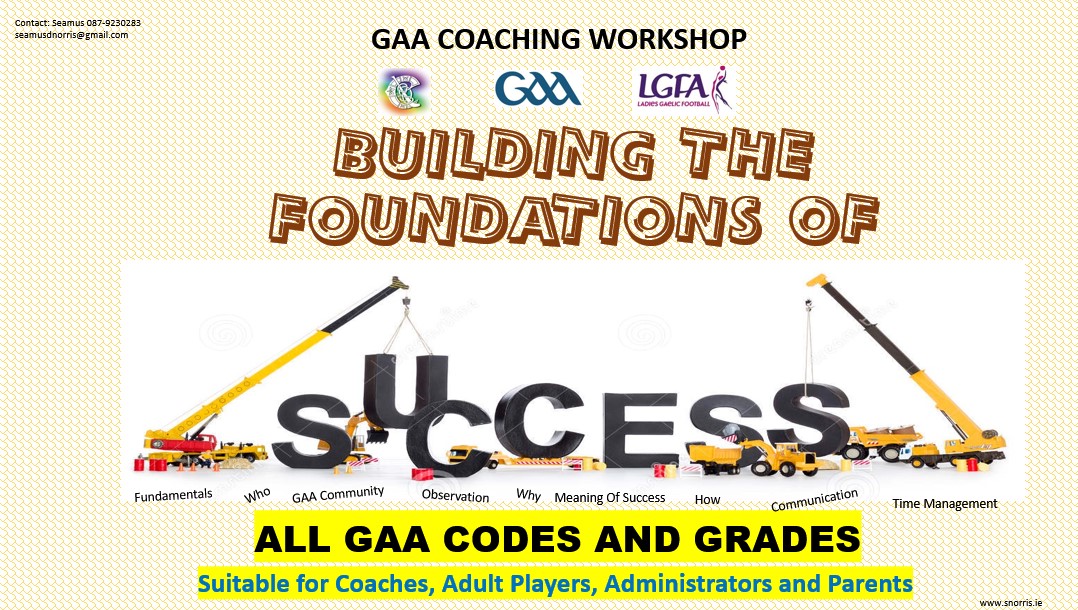
In the bible, Jesus said, “A prophet is honoured everywhere except in his hometown and with his own people and in his own home.” [Mark 6:4]. This is something I am well aware of. However, if you see something of merit in what is written here and in some of my other blogs, please feel free to contact me and I can compile and facilitate a version personalised for your club. Unlike many other coaching workshops or anything coaching for that matter, I will deliver and facilitate free to any club in any code in Kilkenny. Please feel free to check out my own COACHING credentials, though this is very different to what you would normally associate with physical coaching workshops. There will be no cones. [Max 20 per session]
The question should always be asked, what qualifies you to do this? It’s a fair question. The only answer, is that I love the games and have participated as a player, including a substitute, coach, administrator, match official and a supporter over many decades. Does your S&C coaching course make your more qualified? It certainly won’t be more varied.
This is the final instalment of my HISTORY OF BELIEF blog. Hopefully it will bring purposeful thought and debate which will help your club or community in achieving success. Not just the ones I have had the experience of. As always, I welcome comment. Remember no one person has all the answers. I certainly don’t. Maybe YOU have solutions of your own. Maybe YOU disagree and can offer alternative explanations for the factual figures.


